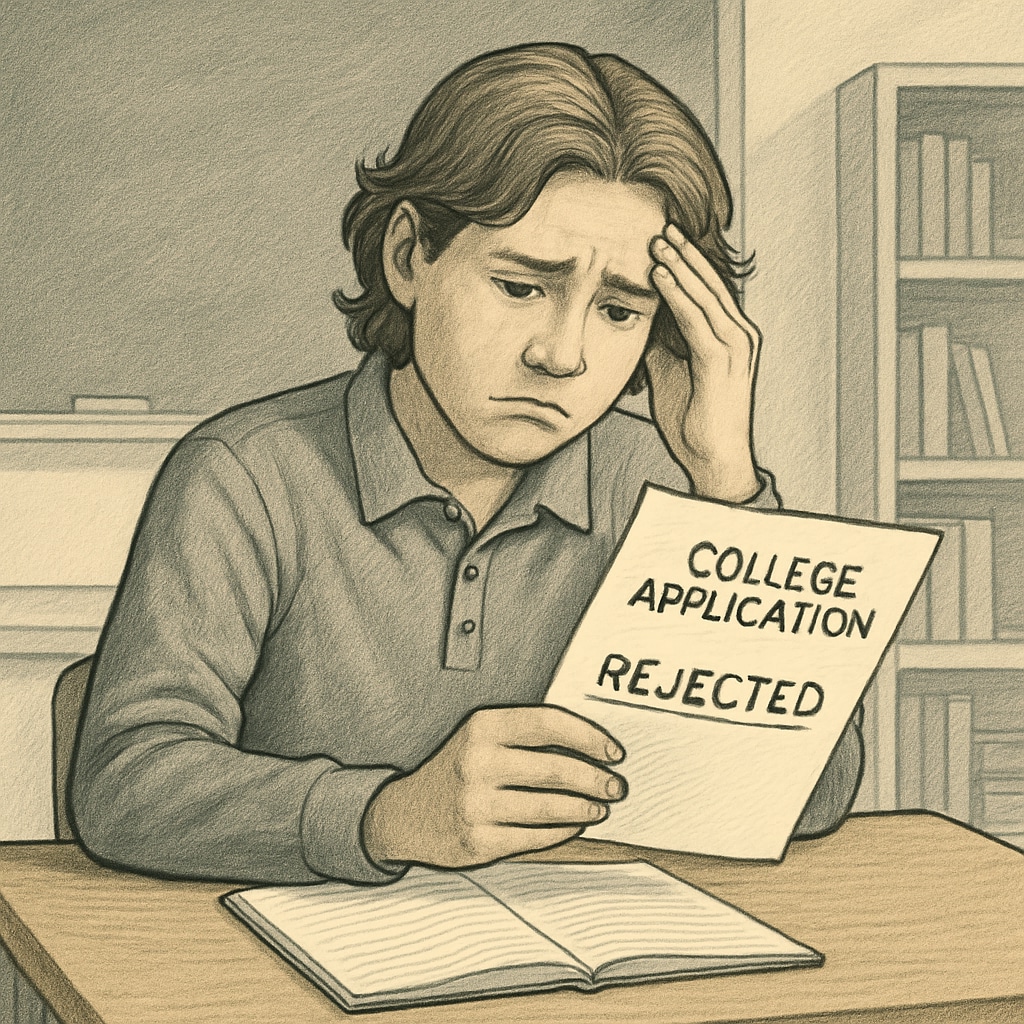College applications, fraud, consequences are interconnected in ways that can permanently alter a student’s future. Misrepresenting achievements, test scores, or personal backgrounds may seem tempting, but the fallout can be devastating. According to the National Association for College Admission Counseling, over 30% of colleges revoke admissions annually due to dishonesty.

Immediate Repercussions of Application Fraud
Universities employ rigorous verification processes. For example, MIT and Stanford cross-check application details with third-party services. Common red flags include:
- Inconsistent extracurricular claims (e.g., false leadership roles)
- Plagiarized essays detected by tools like Turnitin
- Discrepancies between self-reported and official test scores
A 2022 study by the Inside Higher Ed revealed that 1 in 5 rescinded offers involved fabricated recommendation letters.
Long-Term Academic and Professional Fallout
Beyond admission revocation, consequences persist for years. Academic databases like the National Student Clearinghouse flag disciplinary actions, making transfers difficult. Employers increasingly verify educational histories; companies like HireRight report a 15% rise in background check failures due to academic fraud since 2020.

Preventive Strategies for Ethical Applications
Students and educators can collaborate to maintain integrity:
- Use portfolio-building tools (e.g., LinkedIn Learning) to authentically document achievements
- Seek guidance from school counselors to avoid common misrepresentation pitfalls
- Attend workshops on ethical self-presentation in applications
As college applications become more competitive, honesty remains the only sustainable strategy.


